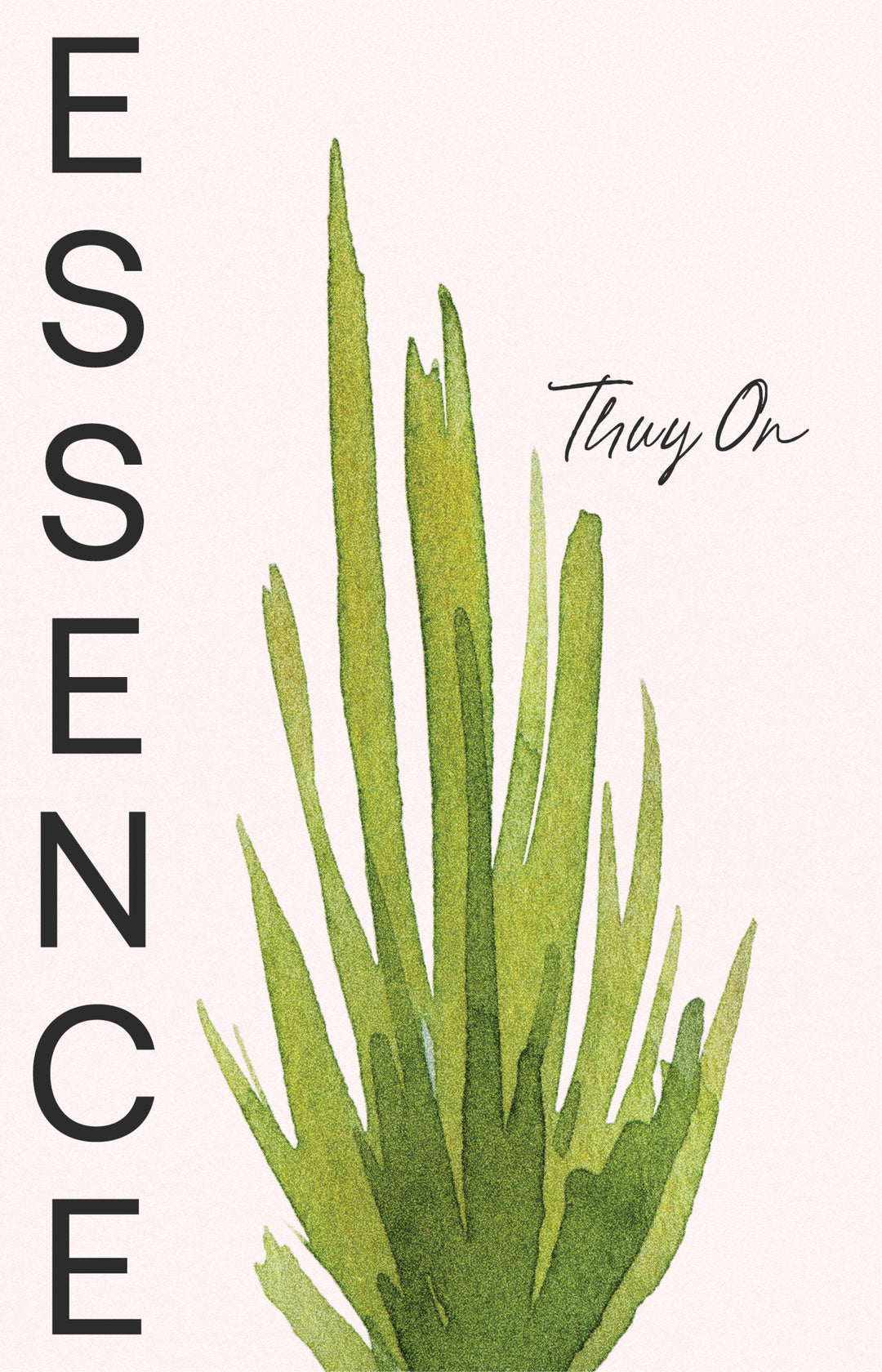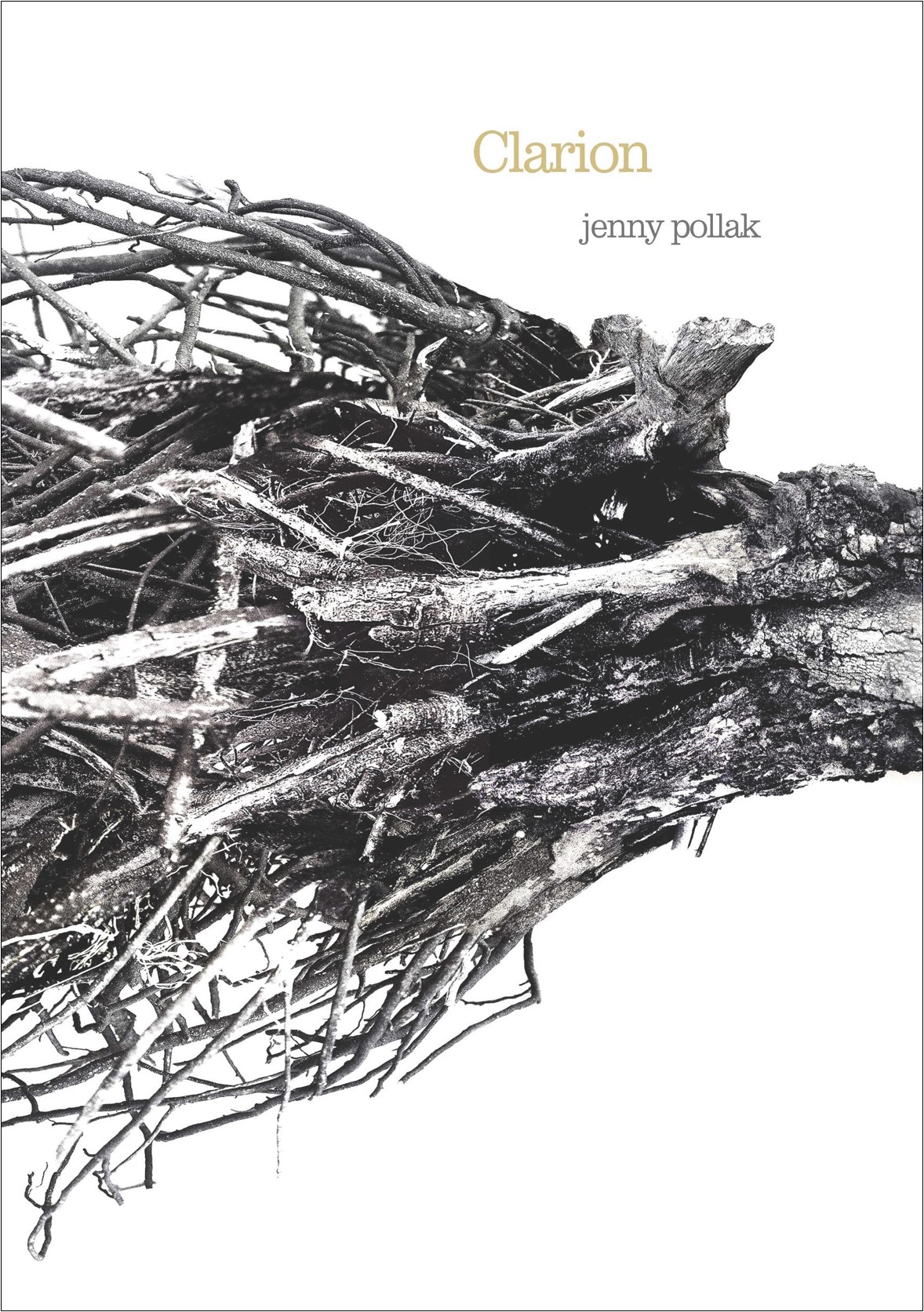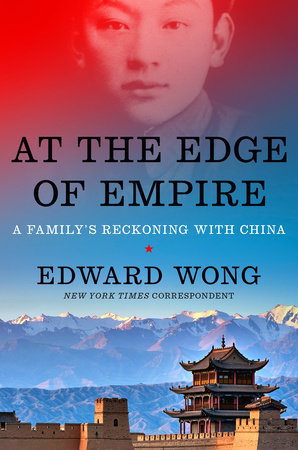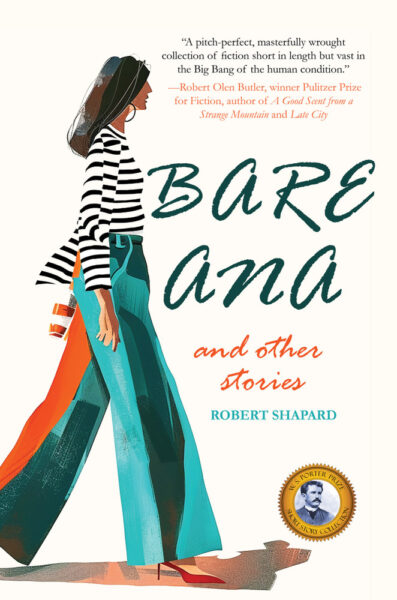 We have a copy of Water and Wave by Eugene Datta to give away!
We have a copy of Water and Wave by Eugene Datta to give away!
To win, sign up for our Free Newsletter on the right-hand side of the site and enter via the newsletter. Winner will be chosen by the end of March from subscribers who enter via the newsletter. Good luck!
 The short poems throughout Essence work perfectly for the discrete subject matter and are easy to read, but the simplicity belies the depth of this work or the way it interrogates language and the impact it has. Readers will enjoy the many literary references and links throughout the book, and the way in which On collates external sources with a sensual framework. Essence is a pleasure to read, beautifully written, funny and often deeply moving.
The short poems throughout Essence work perfectly for the discrete subject matter and are easy to read, but the simplicity belies the depth of this work or the way it interrogates language and the impact it has. Readers will enjoy the many literary references and links throughout the book, and the way in which On collates external sources with a sensual framework. Essence is a pleasure to read, beautifully written, funny and often deeply moving. Twelve Days of Transfer tells the story of Kedney’s own unsuccessful attempts at carrying a child, the complex emotional responses to the inability to conceive, the guilt, the grief, but also the relief. She writes about her experiences in grief support groups and with friends, as well as her own complex IVF experience.
Twelve Days of Transfer tells the story of Kedney’s own unsuccessful attempts at carrying a child, the complex emotional responses to the inability to conceive, the guilt, the grief, but also the relief. She writes about her experiences in grief support groups and with friends, as well as her own complex IVF experience. This book is a poetic and visual artistry, it is also a love song shaped from nature’s elements — sand, salt and time. Pollak reminds us that sticks, though broken, remain strong, wild and full of untamed beauty, capable of profound acts of resilience and grace.
This book is a poetic and visual artistry, it is also a love song shaped from nature’s elements — sand, salt and time. Pollak reminds us that sticks, though broken, remain strong, wild and full of untamed beauty, capable of profound acts of resilience and grace. You immediately empathise with each of these characters as you turn the pages to their respective POVs, and that’s precisely the glitter of Bourne’s writing. Her character-driven templates are so watertight, and her characters so realistic that you can even imagine them as real people in your own life.
You immediately empathise with each of these characters as you turn the pages to their respective POVs, and that’s precisely the glitter of Bourne’s writing. Her character-driven templates are so watertight, and her characters so realistic that you can even imagine them as real people in your own life. The reader is in the hands of a writer and scholar whose last twenty years have been dedicated, it would seem, to gathering and sorting material to offer the reader a powerful view into a highly complex culture and nation. Motivated, it would seem, by a profound interest of his own, Wong writes, as it has been noted elsewhere, almost as filial duty to a father whose loyalty to his country was betrayed by its leaders.
The reader is in the hands of a writer and scholar whose last twenty years have been dedicated, it would seem, to gathering and sorting material to offer the reader a powerful view into a highly complex culture and nation. Motivated, it would seem, by a profound interest of his own, Wong writes, as it has been noted elsewhere, almost as filial duty to a father whose loyalty to his country was betrayed by its leaders. The Suspension Bridge is a good, even excellent novel which unfolds logically and leaves the reader thinking about human nature, the supernatural, and the social changes that began in the 1960’s. I remember those days.
The Suspension Bridge is a good, even excellent novel which unfolds logically and leaves the reader thinking about human nature, the supernatural, and the social changes that began in the 1960’s. I remember those days. Wheeler’s ideas synthesize unusual word groupings; from these combinations new qualities emerge, such as unpredictably jarring, sometimes funny internal and end rhymes, line breaks, and punctuation, not unlike the way speakers of a language are able to generate an infinite number of sentences from a finite set of syntactical rules.
Wheeler’s ideas synthesize unusual word groupings; from these combinations new qualities emerge, such as unpredictably jarring, sometimes funny internal and end rhymes, line breaks, and punctuation, not unlike the way speakers of a language are able to generate an infinite number of sentences from a finite set of syntactical rules. We have a copy of Alive by Gabriel Weston to give away!
We have a copy of Alive by Gabriel Weston to give away! A spectrum of characters populates the prismatic flash in Bare Ana. Every story sings a surprise or a change of perspective. A couple honeymoons in Wakiki, but the husband falls off a twelfth-floor balcony. A young girl in a leotard flips an impossible set in front of a judges’ panel. A weather forecaster flies off – not to another television station – but on a renegade weather balloon.
A spectrum of characters populates the prismatic flash in Bare Ana. Every story sings a surprise or a change of perspective. A couple honeymoons in Wakiki, but the husband falls off a twelfth-floor balcony. A young girl in a leotard flips an impossible set in front of a judges’ panel. A weather forecaster flies off – not to another television station – but on a renegade weather balloon.